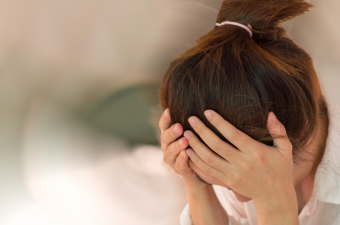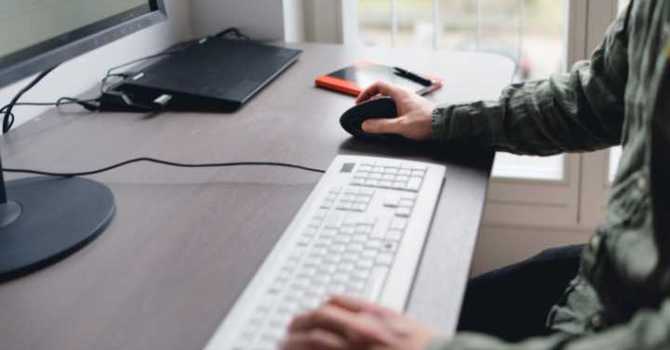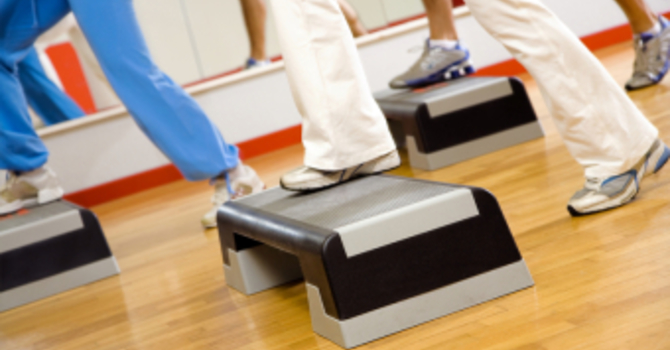
Did you know that there are many types of dizziness? In this article, I’ll discuss vertigo, a specific type of dizziness and one of its most common causes. I’ll also explain how a specific form of physiotherapy, known as vestibular rehabilitation, can help with the treatment of vertigo.
Vertigo: A Problem with the Inner Ear
When people have vertigo, they sense an illusion of movement. They feel as if they're spinning, or that the room is moving around them. Sometimes the problem is in the brain, but more often than not, the problem is in the inner ear. In each of our inner ears, there is a sensory organ called the vestibular apparatus. When you move your head, each of these vestibular apparatuses send a signal to your brain. At the same time, your eyes and your joints also send signals to your brain, telling your brain where you are in space. Your brain then interprets all these signals and tells yours muscles how to function in order to maintain balance. One thing about all these signals is that they have to agree with each other. If one vestibular apparatus conflicts with the other side, or if both vestibular apparatuses conflict with what you see, you'll feel dizzy.

Benign Paroxysmal Positional Vertigo (BPPV)
Research has found that vestibular apparatus conditions cause about half of all dizziness cases. One specific condition called Benign Paroxysmal Positional Vertigo (BPPV) makes up 32% of the cases. BPPV is considered benign or “harmless” because as long as it doesn’t bother you much, it doesn’t pose any danger to your health. On the contrary, people with BPPV can tell you that it’s far from harmless. Individuals with BPPV can suddenly feel like things are spinning or moving around them. These feelings usually happen after they’ve looked up/down, or after rolling from side to side while lying in bed. This spinning sensation usually doesn’t last long – between 20 seconds to 1 minute, rarely lasting more than 2 minutes before completely resolving. If a particular head movement is repeated again in the future, however, this spinning sensation can return all over again.
For the most part, the cause of BPPV is well understood. Inside one compartment in the vestibular apparatus, there are tiny crystals stuck on a membrane. These crystals weigh the membrane down, making it heavy, which helps to tell your brain whether you head is tilted one way or the other. But sometimes these crystals can get dislodged and fall into another compartment. When this happens, certain head movements will cause these crystals to tell the brain that it's being spun around. A conflict of this signal with your vision, as well as with the inner ear's vestibular apparatus on the opposite side can confuse your brain, with the end result being vertigo or dizziness.
Thanks to the internet, there’s a lot of readily available information about BPPV out there. Online sources may even suggest certain self-help maneuvers to reposition these loose crystals back to where they came from that can sometimes work well. However, most people don’t know that there are actually a few different subtypes of BPPV. Each subtype requires a different maneuver to reposition these loose crystals back to where they belong. If you carry out a maneuver improperly, it can move these loose crystals to yet another compartment. This gives you a different type of spinning sensation, instead of resolving the original spinning sensation. Using simple movement tests, a physiotherapist at Striowski & Associates Physiotherapy can determine which BBPV subtype you have. Once we have the right diagnosis, we can help you to carry out the correct maneuver properly. For most BPPV sufferers, the condition should resolve within a few sessions.
Not Sure? Give Us a Call!
Dizziness and vertigo can sometimes be complicated, but detecting and treating BPPV can often be simple and straight forward. There are also other causes of dizziness, vertigo or balance problems that can be helped by a physiotherapist. If you’re not sure if physiotherapy using vestibular rehabilitation can help, feel free to book a complimentary 10-minute phone or video consultation with one of our physiotherapists. We can determine whether physiotherapy is the most appropriate treatment for your condition.






